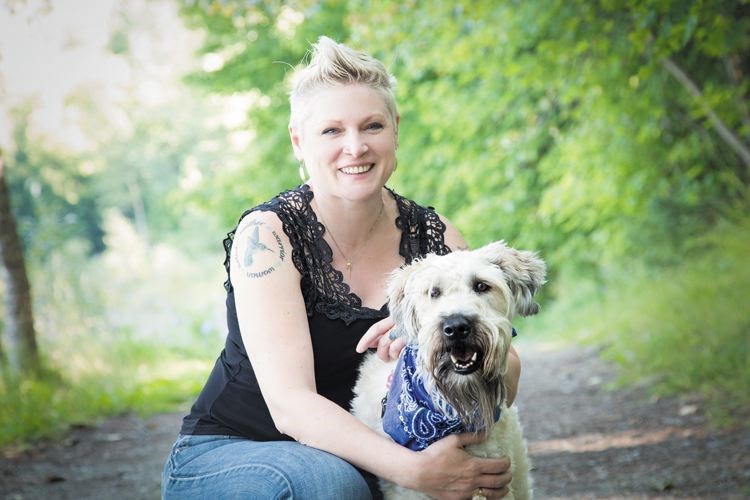When the next session of the United Nations Commission on the Status of Women (UNCSW) opens in New York, the Canadian delegation will have a Prince George component.
Jewelles Smith now lives in Surrey but her work as a scholar and advocate began in this city. Her current position is the policy and political affairs coordinator with the student association of Kwantlen University, plus she is a PhD candidate and sits as the chair of the Council of Canadians With Disabilities.
"In that capacity I do a lot of work with the federal government and international contacts, in relation to human rights," Smith told The Citizen. "I'm a trained human rights monitor. My PhD candidacy has a lot to do with mothering - documenting the experience of mothering seen through a human rights lens."
She is heavily involved in the public input side of renovating the Accessible Canada Act, a bill that is now making its way through Parliament and the Senate in Ottawa.
Smith's past work has earned her a seat at the United Nations table twice before, both times in Geneva, but this new calling is an advocacy promotion.
"My letter of invitation is as a delegate of the federal government, which changes my role compared to representing civil society, which is what I was doing in the past with the UN," she said.
"Because my focus is women with disabilities, I have the background for the government to rely on in this sort of discussion."
She said Canadian society has a long way to go, both at the street level and inside the rooms where policy is written, to equalize citizenship for those with disabilities. Other countries are ahead of Canada in some ways, and far behind in others, making the agenda at the UNCSW such an important set of discussions.
"It's about physical barriers but it is also about attitudinal barriers," Smith said.
"It crosses over into access to education, the right to be a parent, access to employment, anti-violence. I look into all that and then I will look at further intersections, like Indigenous women with disabilities or women with disabilities who are experiencing violence. When I do my work with government, I bring all that with me."
She also brings Prince George with her everywhere she goes. It was this community, she said, that first ignited her intellect and passion for improving society, even before her spina bifida symptoms began to increase to the point she walks with a cane and uses a guide dog.
She moved to P.G. in her elementary years from her original hometown of Craigellachie. She attended Ron Brent Elementary School, Carney Hill (now Nusdeh Yoh) Elementary School, did high school at PGSS and Duchess Park Secondary, then began her long post-secondary career at UNBC before transferring to Simon Fraser Uninversity where she obtained her Masters and now with UBC-Okanagan for her PhD.
"I would love to do a semester teaching at UNBC at some point," she said wistfully.
"I loved UNBC very much - the smaller size, the diversity on campus, and having spent all of my teenage years and early 20s in P.G., I have so many friends there and memories there. I'd love to spend time in P.G. again."
That will have to wait until at least summer. The 63rd session of the UNCSW runs Mar. 11-22 at United Nations Headquarters in New York and will, she said, require a lot of preparation on her part to be ready for the event.
The priority themes are "social protection systems, access to public services and sustainable infrastructure for gender equality and the empowerment of women and girls" with the review theme slated to be "women's empowerment and the link to sustainable development."
To these ends, Smith's invitation read "We appreciate your commitment to advancing gender equality and believe that your contribution to the UNCSW 63 will be invaluable."



